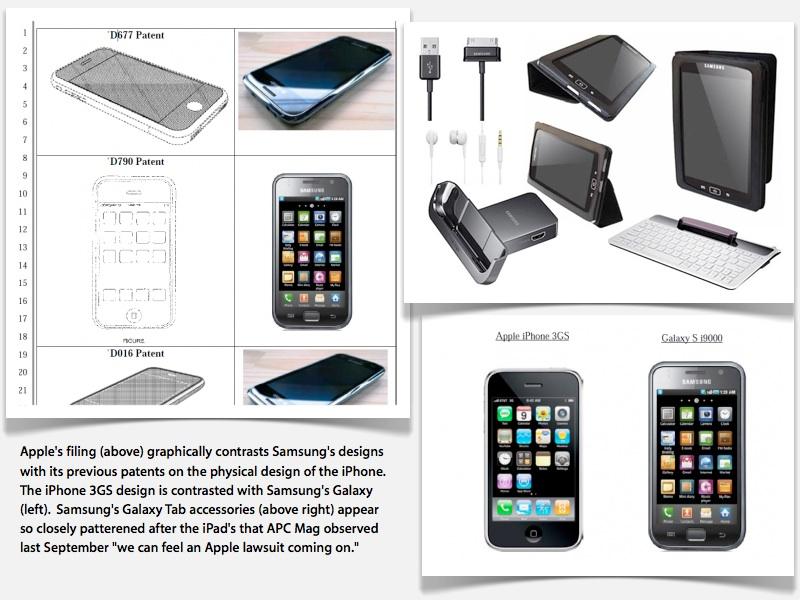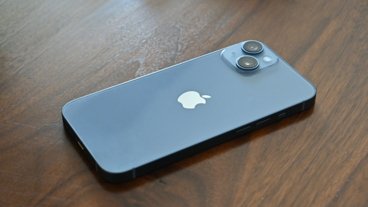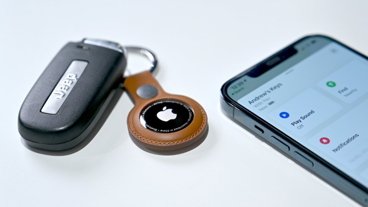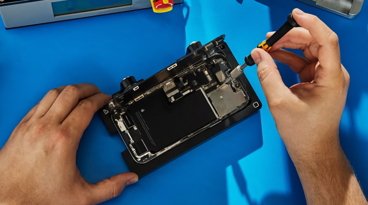Samsung patent countersuits seek to sow confusion in Apple patent fights
According to a report by the Wall Street Journal, "it appears that Samsung is trying to sow confusion among courts world-wide over different types of patents."
The report contrasts Apple's design and technical patents with "standards patents" held by Samsung, which have already been committed to licensing under FRAND ("fair, reasonable and non-discriminatory") terms.
In South Korea, for example, Samsung has publicly alleged that Apple was using its patented technologies without authorization, while Apple has countered that Samsung's patent rights in question were contributed to pools of standards Apple had in fact already licensed.
The report notes that "Samsung's legal strategy appears to turn to a large degree on claiming that such standards patents haven't been sufficiently valued," essentially seeking to discriminate against Apple by raising the terms of its pre negotiated royalty fees as a bargaining chip to counter Apple's claims that Samsung has actually copied its designs or used its patented technologies.
Apple previously complained that Nokia was similarly trying to use FRAND-encumbered patents linked to WiFi or 3G standards to force Apple to share its proprietary designs. Apple and Nokia have since settled.
In its patent disputes with both Samsung and Motorola Mobility, Apple again called attention to its competitors' use of FRAND encumbered patents that have been declared essential to implementing open standards, noting that both companies are deceptively monopolizing markets to "harm or eliminate competition."
FRAND patents less valuable, less powerful
FRAND-encumbered patents involved with open industry standards are assigned a lower value to help standards find widespread adoption, the report noted.
Apple has contributed some of its patented technologies to open standards pools, including video technologies in H.264 (which it earns minor royalties from) and elements of Canvas in HTML5 (which is offered for free to anyone who chooses to implement it).
However, Apple holds other patents as a way to differentiate its products, and these patents are being used to stop what the company has described as "slavish" copying by Samsung of its iPhone and iPad line.
"While having patents that are standards-based is great because you get revenue, you can't control what competitors do with them," said Jonathan Radcliffe, an intellectual-property attorney at Mayer Brown in London told the Journal. "The really powerful intellectual-property rights are the patents that are not part of standards."
The report cited patent blogger Florian Mueller as observing, "It's all about them [Samsung] really not having the depth and strength to say 'Here are three or four killer patents and we'll use them and scare the daylights out of Apple.' They don't seem to have that.
"So what they try to do with FRAND and by going all around the globe is to create a minimum level of legal uncertainty for Apple in the hopes they will settle," Mueller added.
Samsung appears to be banking on the premise that it may be able to convince at least some jurisdictions to balance Apple's patent claims with its own FRAND-encumbered patents, given that the matter is not legally settled in every market. But Samsung is also wary of actually settling the matter, the report notes, saying that Samsung also owns patents that, like Apple's, have not been committed to FRAND licensing.
Instead, Samsung "is raising the issues to create uncertainty so Apple settles to avoid risking a ruling that devalues its innovations," the report stated.
 Daniel Eran Dilger
Daniel Eran Dilger











 Andrew Orr
Andrew Orr
 Sponsored Content
Sponsored Content
 Malcolm Owen
Malcolm Owen

 William Gallagher
William Gallagher

 Mike Wuerthele
Mike Wuerthele
 Christine McKee
Christine McKee







